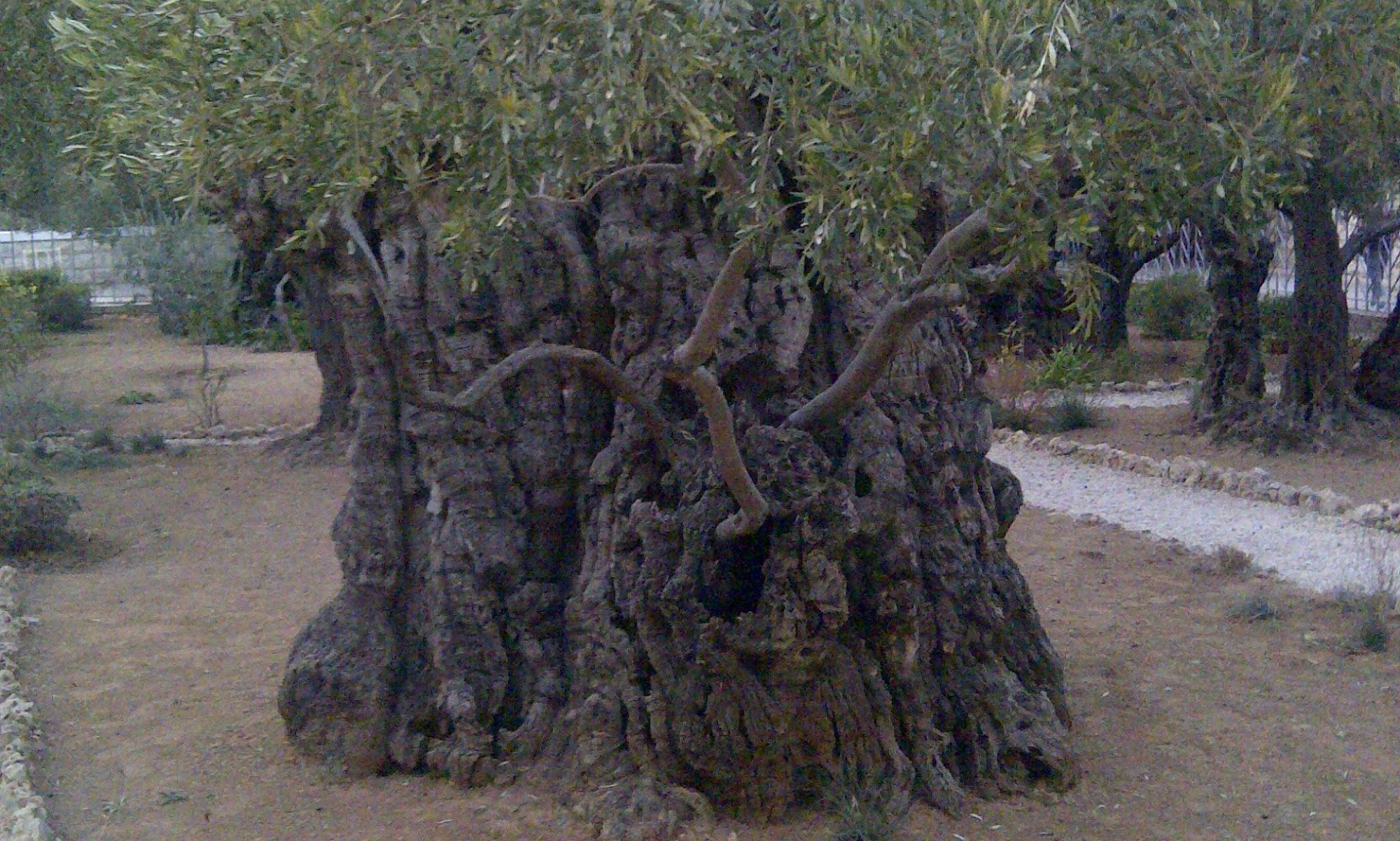I had the privilege and honour to offer a tribute to Dr. Kenneth Kaunda at a virtual memorial service held on July 6, 2021 with Zambians living in Canada. For a link to this service, go to https://wp.me/P5v0yp-3z
I’m honored to have this opportunity to speak in memory of Doctor Kaunda.
I was appointed by the United Church of Canada to work with the United Church of Zambia as a teacher at Kafue Boys Secondary School.
I arrived in 1967, three years after the country’s independence. Secondary school education was recognized as an important element of development for the country. Many expatriate staff were needed. I came with 2 other Canadian teachers and joined a staff with several other Canadian families.
I soon learned about the national campaign to encourage people to “go back to the land”. I was also proud to learn about Kaunda’s philosophy of humanism and as a Christian, I was committed to his principles of service and humility.
His dedication to multiracialism and peaceful transition to an independent African nation made us as Canadian teachers feel welcome. I remember his slogan One Zambia One Nation and was caught up in his enthusiasm to unite a country that had many different cultural and linguistic groups.
As a science teacher, I soon learned about the ministry of education’s plan to add agricultural science to the curriculum. So I began to work with the school and the Ministry of Education to develop agricultural projects to supplement the curriculum. We raised chickens and vegetables to supplement the food for students. In this way, I was proud to participate in the development of Zambia in keeping with the back to the land vision of President Kaunda.
President Kaunda visited the school at least once while I was there, and I was proud to have the opportunity to hear him speak to the students about his hopes and dreams for this young nation. I was impressed with his compassion and caring for people – “out of love of my country”, as quoted in The New York Times.
For me, his philosophy of humanism was his way of living the Christian life that he was raised with. I was deeply touched by his honest humility represented by his refusing to eat meat as a way of identifying with his fellow Zambians. So, the opportunity to meet him and shake his hand was a real privilege. I will remember President Kaunda with pride as a national leader for whom I had great respect as one who lived his faith with humility and sincerity. May God bless his life and work.


